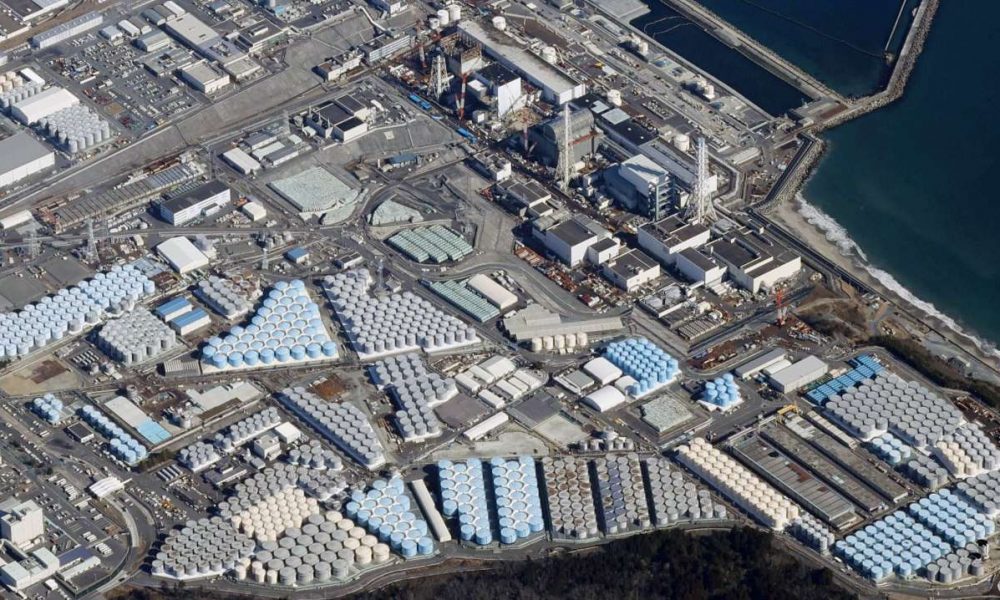
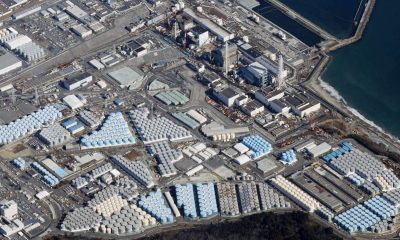

"It is important to continue providing accurate explanations" to correct misconceptions about Fukushima, says University of Tokyo Professor Naoya Sekiya.
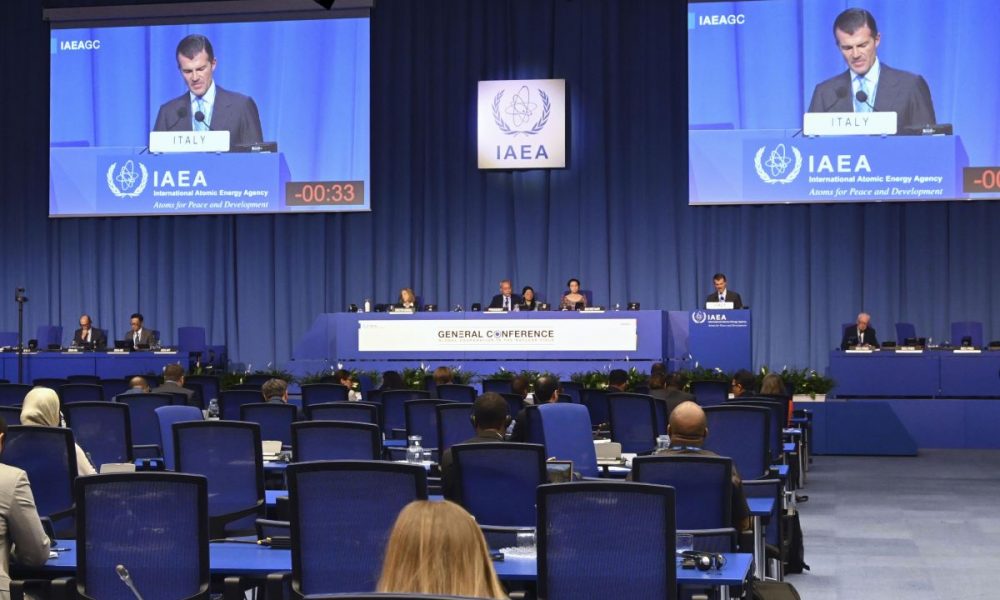
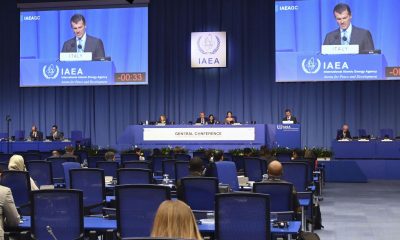

New testing by the IAEA involves laboratories from Canada, China, and South Korea, aiming to settle remaining concerns about Fukushima's treated water release.
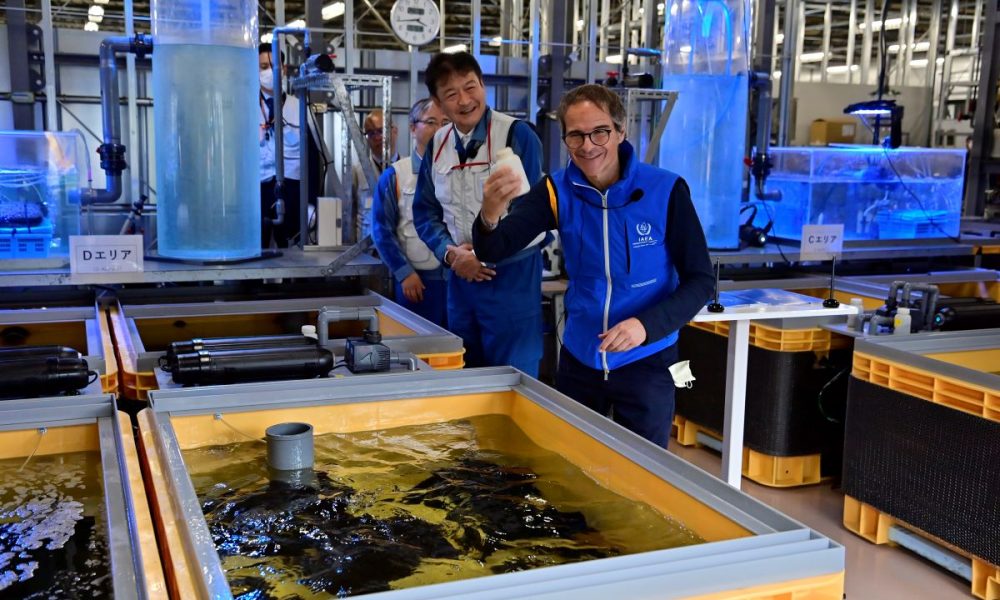
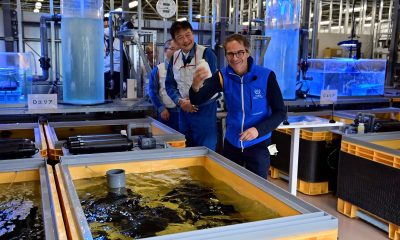

TEPCO's team is raising flounder in treated water and its tests confirm the tritium stays well below international standards without accumulating in the fish.
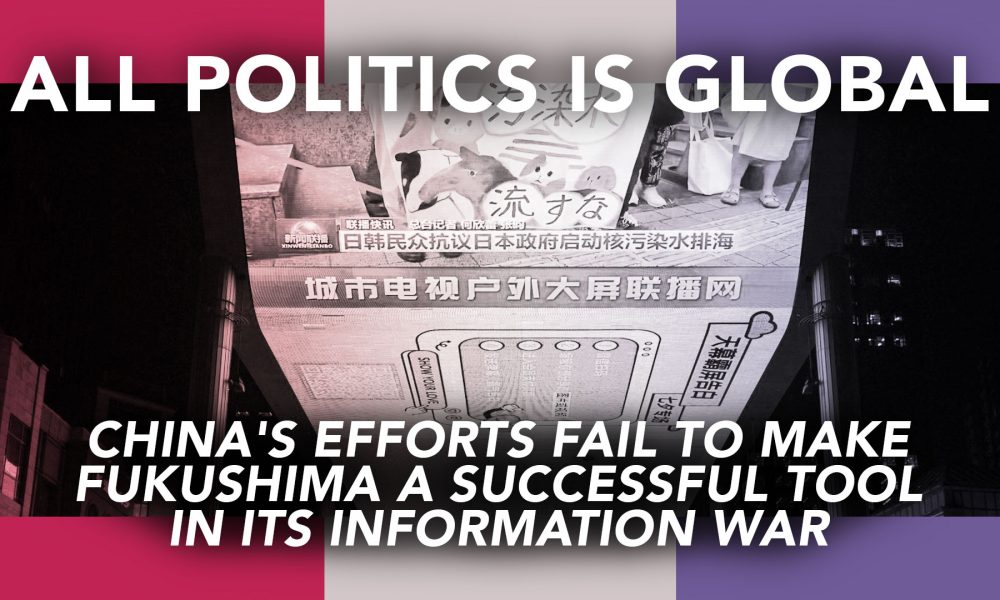
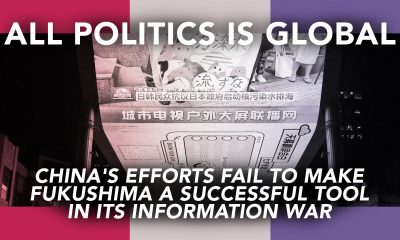

Its hypocrisy over the Fukushima water release is an example of how China uses a colossal information warfare network to advance its technology-enabled tyranny.
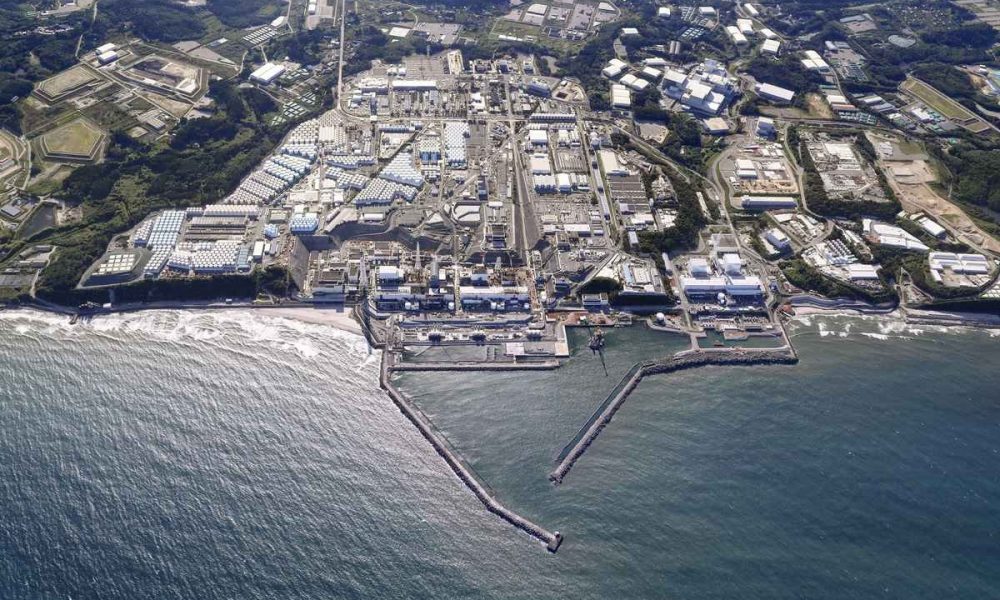
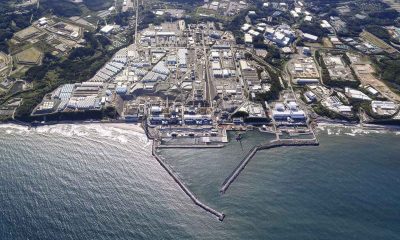

With hysteria rampant on Chinese social media following the release of ALPS treated water at Fukushima, we tackle some of the science behind Japan’s decision.
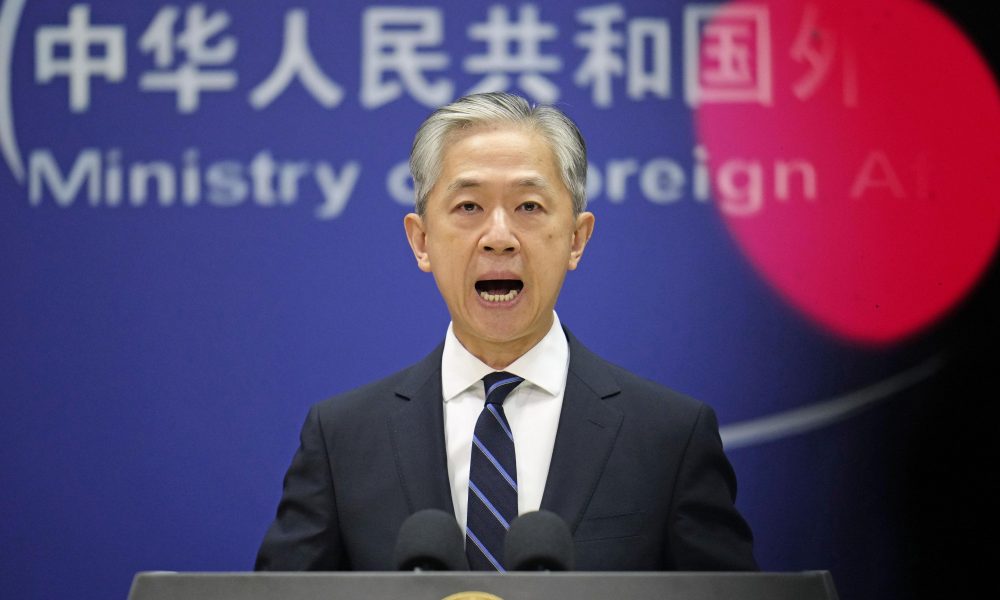
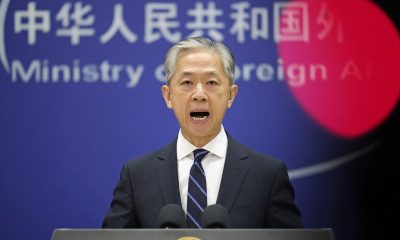

China says its ban on Japanese seafood is about Fukushima Daiichi, but facts say it's economic coercion. Japan's strategic response should include these points.
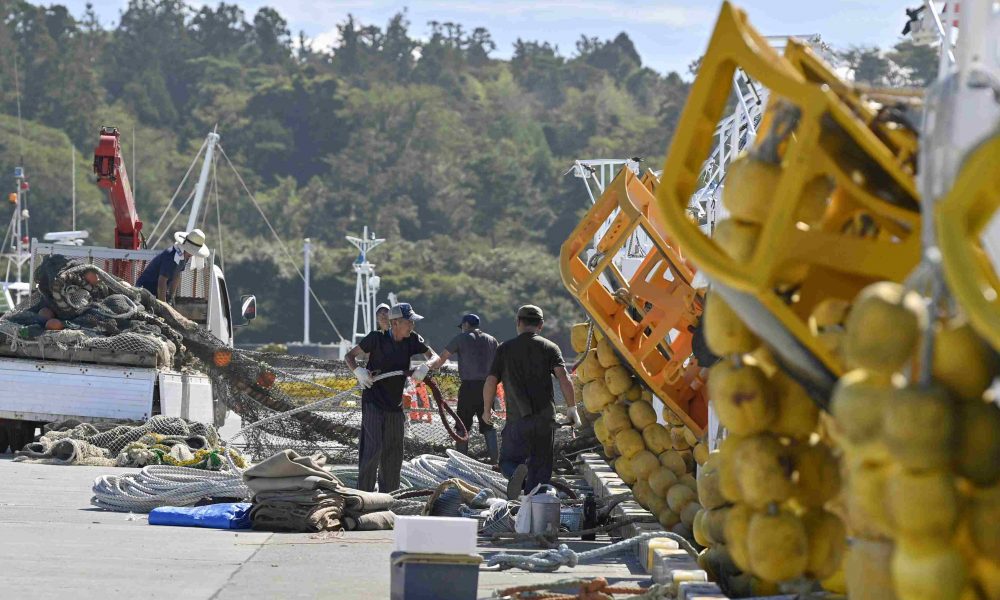
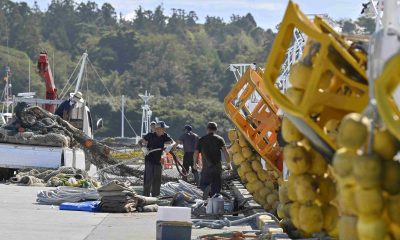

Scientists found no trace of radiation either in the water or in sea creatures. But motivated by nationalist politics, China has banned all Japanese seafood.
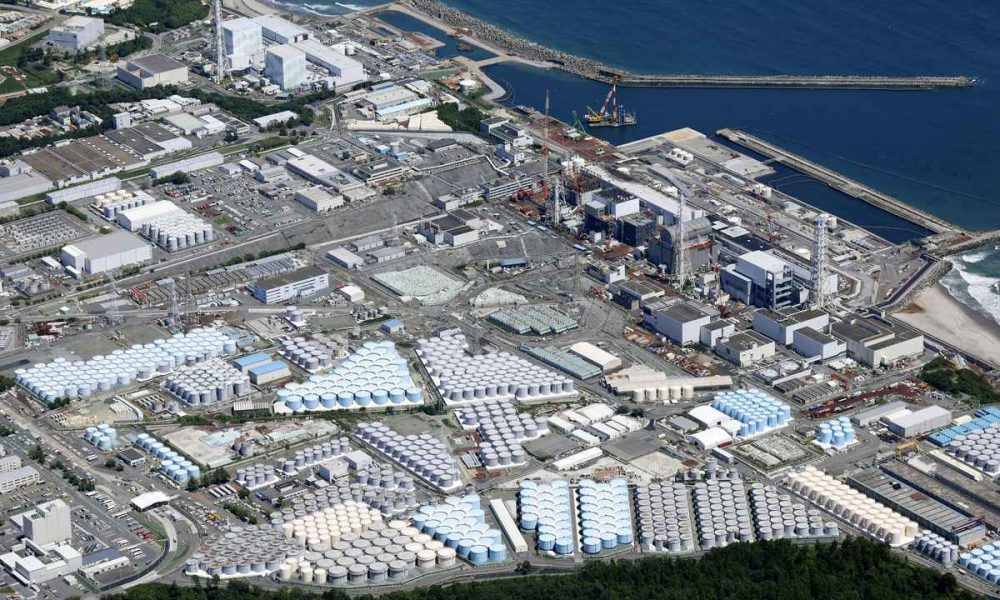
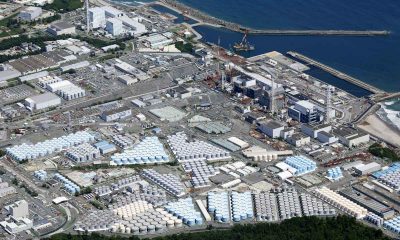

Despite Chinese backlash and widespread disinformation, many European media outlets are responding calmly and objectively to the ALPS treated water release.
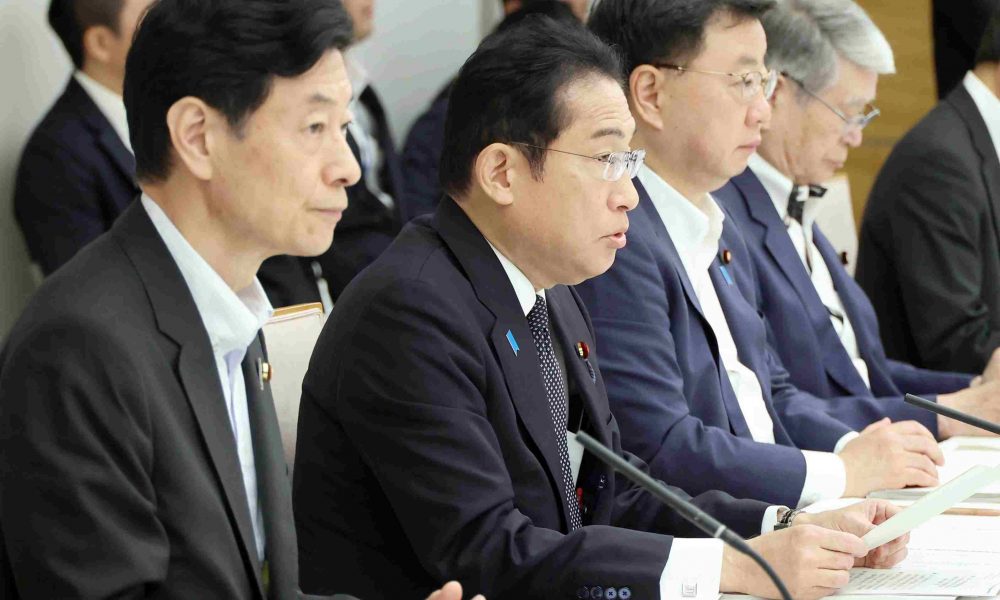
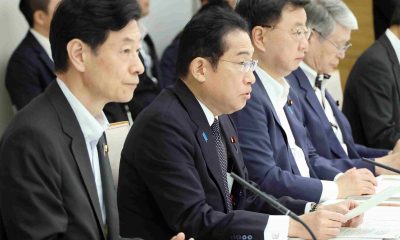

As it starts releasing treated water from Fukushima, as approved by international experts, Japan must make good use of its ¥80-billion anti-disinformation fund.
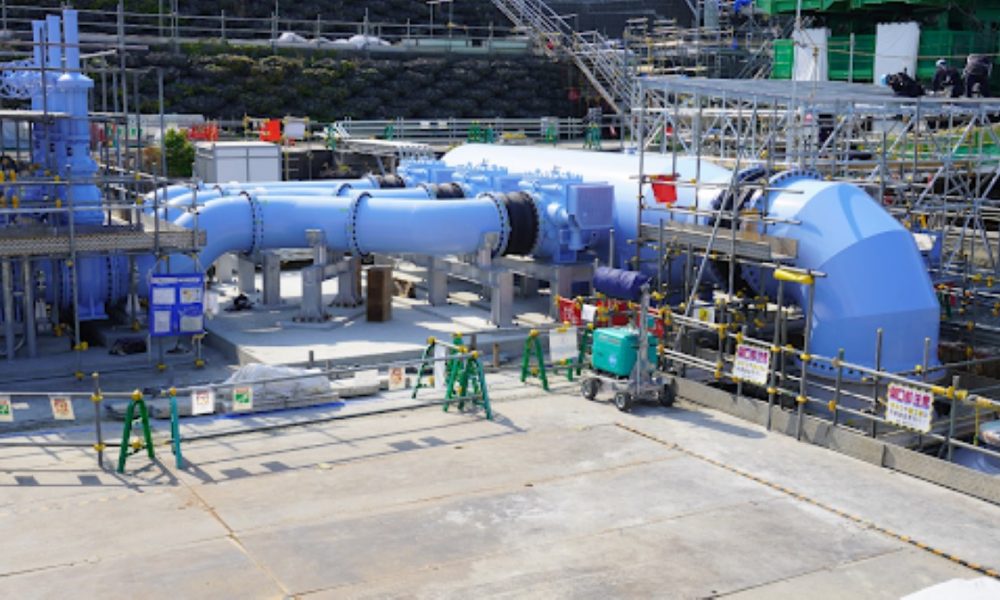
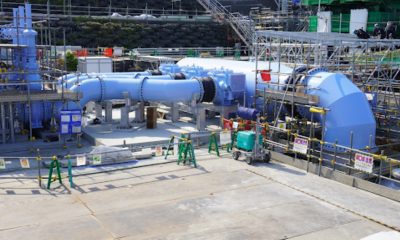

As the treated water release started TEPCO said it would monitor with the utmost sense of care, while China announced a ban on all Japanese seafood...
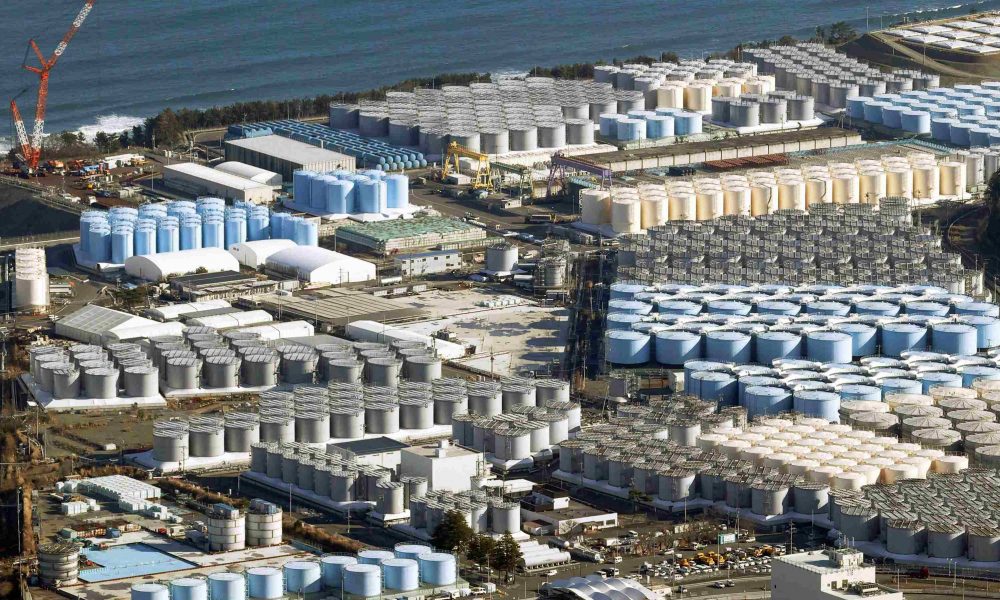
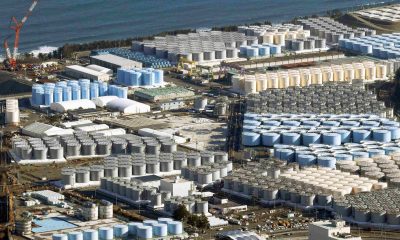

The treated water release was decided after confirming the "safety, reputational damage measures, and continued support" from TEPCO., said PM Fumio Kishida.
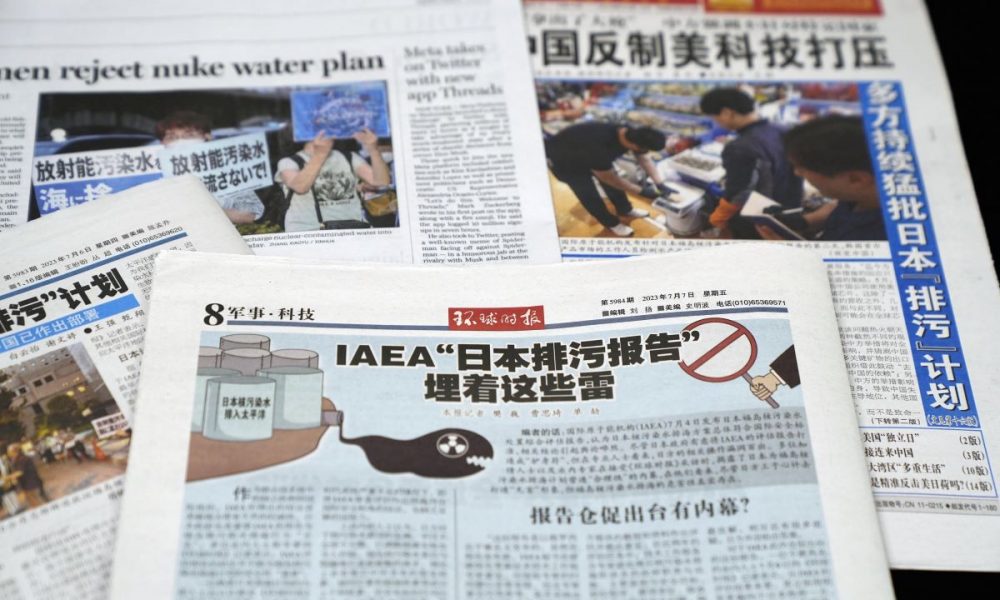
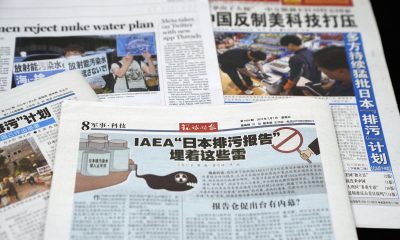

Japan's plan for releasing treated water from Fukushima Daiichi meets international safety standards. China can't say the same about its own tritium releases.